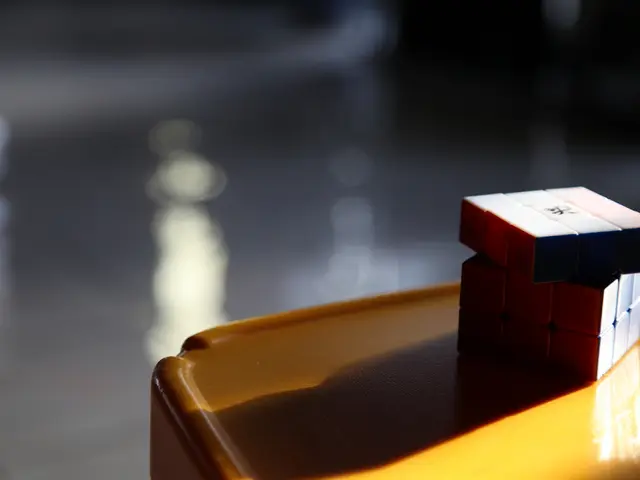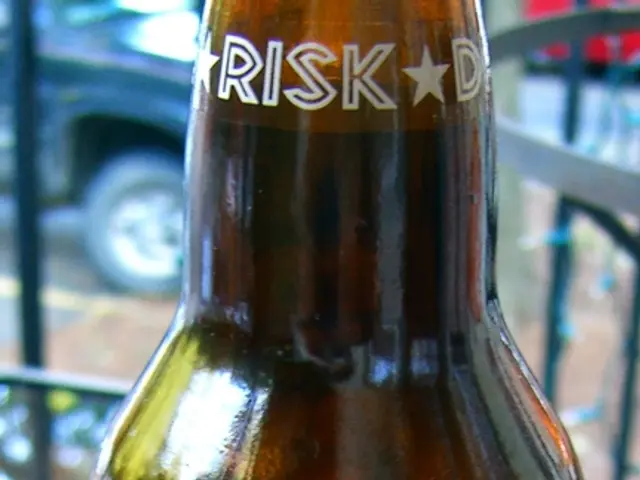Discovery, the parent company of Warner Bros., has filed a lawsuit against Midjourney.
In a significant turn of events, media conglomerate Warner Bros. Discovery has filed a lawsuit against AI company Midjourney, accusing the firm of violating its copyright. The lawsuit, filed in the U.S. District Court, Central District of California, alleges that Midjourney has been using unauthorised copies of Warner Bros. Discovery's copyrighted works to generate revenue through its subscription-based generative AI service.
The lawsuit is reminiscent of similar cases filed by other media giants such as Disney and Universal, seeking damages for similar infringements.
Midjourney, founded by David Holz, first launched its service within the Discord communication platform in February 2022. By August of the same year, the service was made available to all subscribers. In October 2023, Midjourney expanded its reach by offering its service directly to consumers via its own website, Midjourney.com. Initially, the website was accessible only to Midjourney customers who had used the service via the Discord platform.
As of September 2024, Midjourney boasted nearly 21 million users. The company's AI service, which includes the ability to create generative AI video, reportedly generated over $200 million in revenue in 2023 and an impressive $300 million in 2024.
However, the lawsuit claims that Midjourney is distributing, publicly displaying, and performing Warner Bros. Discovery's intellectual property without permission. Warner Bros. Discovery asserts that Midjourney has the means to implement protection measures to prevent the ongoing reproduction, public display, and distribution of its works but has chosen not to do so.
Warner Bros. Discovery believes that Midjourney is aware of the illegality of its actions, citing recent conduct as evidence. The media giant is seeking damages of up to $150,000 "per infringed work."
In response to the lawsuit, Midjourney launched version 7 of its image service in April of this year. The update aims to address the concerns raised by Warner Bros. Discovery, but it remains to be seen how the court will rule on the matter.
The development marks a significant point in the ongoing debate about the use of AI in creative fields and the protection of intellectual property rights. As the case progresses, it will likely set a precedent for future cases involving AI and copyright infringement.








